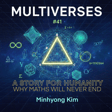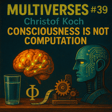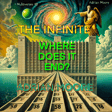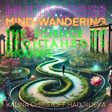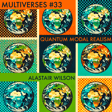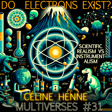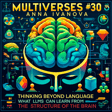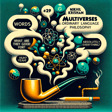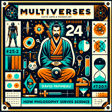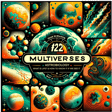
5| QBism: The World is Unfinished — Ruediger Schack
Is the fate of the universe predetermined? Many physicists and philosophers argue it is, particularly those who adopt the Many Worlds interpretation of quantum mechanics.
Our guest this week is Ruediger Schack. With Christopher Fuchs and Carlton Caves, he is one of the originators of a new way of interpreting quantum mechanics, QBism, according to which we — as agents — are co-creators of the world. Destiny is shaped by our hands.
Ruediger is a professor of mathematics at Royal Holloway, University of London, and works on problems in quantum information and quantum cryptography, but also seeks to understand what the equations say about the world.
One of the central claims of QBism is that the wavefunction is a representation of knowledge, not physical reality, as such the “collapse of the wavefunction” due to agent interactions is nothing more than Bayesian updating: observations lead us to update our knowledge.
We unpack the ideas of QBism — that reality is not objective, but inter-subjective, using ideas from phenomenology best summarised in Merleau-Ponty’s comment “there is no world without a being in the world”. We also dive into some of the objections to QBism.
This was a foray into foreign waters for me, I hope you enjoy it as much as I did.
Notes:
- More detail on multiverses.xyz
- Ruediger's article on QBism in The Conversation
- Ruediger's paper on Merleau-Ponty and QBism
- Chris Timpson's talk on QBism on YouTube
